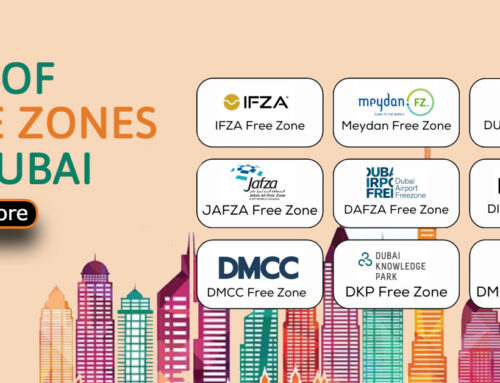When it comes to being creative, action and achievement oriented, Indian start-up founders seem to do well, but they lack the flexibility and consultative leadership approach needed for sustainable growth of their companies, a Hay Group report said.
The global management consultancy firm conducted a survey to assess the leadership traits of 150 start-up leaders. The research found that the top three common traits among these entrepreneurs are achievement orientation, creativity and action orientation, as 55% of the start-ups exhibited scores greater than seven on a scale of one to ten, on these three qualities.
At 28.5 years, India has the youngest start-up founders when compared to the rest of the world, (according to San Francisco-based research firm Compass) but 75% of the founders scored less than five on the consultative trait, indicating that they are comfortable acting independently without seeking the views of others.
Debabrat Mishra, director, Hay Group India says, “The top three common traits displayed by these start-up founders are ideally the traits that are essential at an early stage for a start-up. Also, the founders seem to be demonstrating an inclination towards being directive and pacesetting in their leadership styles.”
While this could serve the founders well during the survival stages of the start-up journey, Mishra says that the founders will quickly need to adapt and demonstrate a more visionary and coaching-oriented style in order to ensure profitable and sustainable growth.
The report also found that entrepreneurs do not seem to have a natural inclination towards playing the role of networkers and team builders, with over 60% of them scroing less than five on these two traits.
“A start-up founder’s role is eventually to focus only on managing two key stakeholder groups. One, they have to handle things internally, which means building structures and mechanisms for developing talent. This requires the teambuilder role capability. The other responsibility is managing an external ecosystem of partners and investors, which requires networker role capability,” says Mishra.
So, if the founders want to achieve success, they need to increasingly focus on their networker and team builder roles. he said.
India is the second-fastest growing and third-largest start-up ecosystem in the world with 3,100 start-ups created in 2014. This is expected to touch 11,500 by 2020. These start-ups are estimated to raise $3.5 billion in the first half of 2015 alone, and are set to surpass the total number of deals done in 2014, says a November 2015 report by Microsoft Ventures and Venture Intelligence.
Learn more about accounting outsourcing at Aristotle Consultancy.
Source – Livemint





